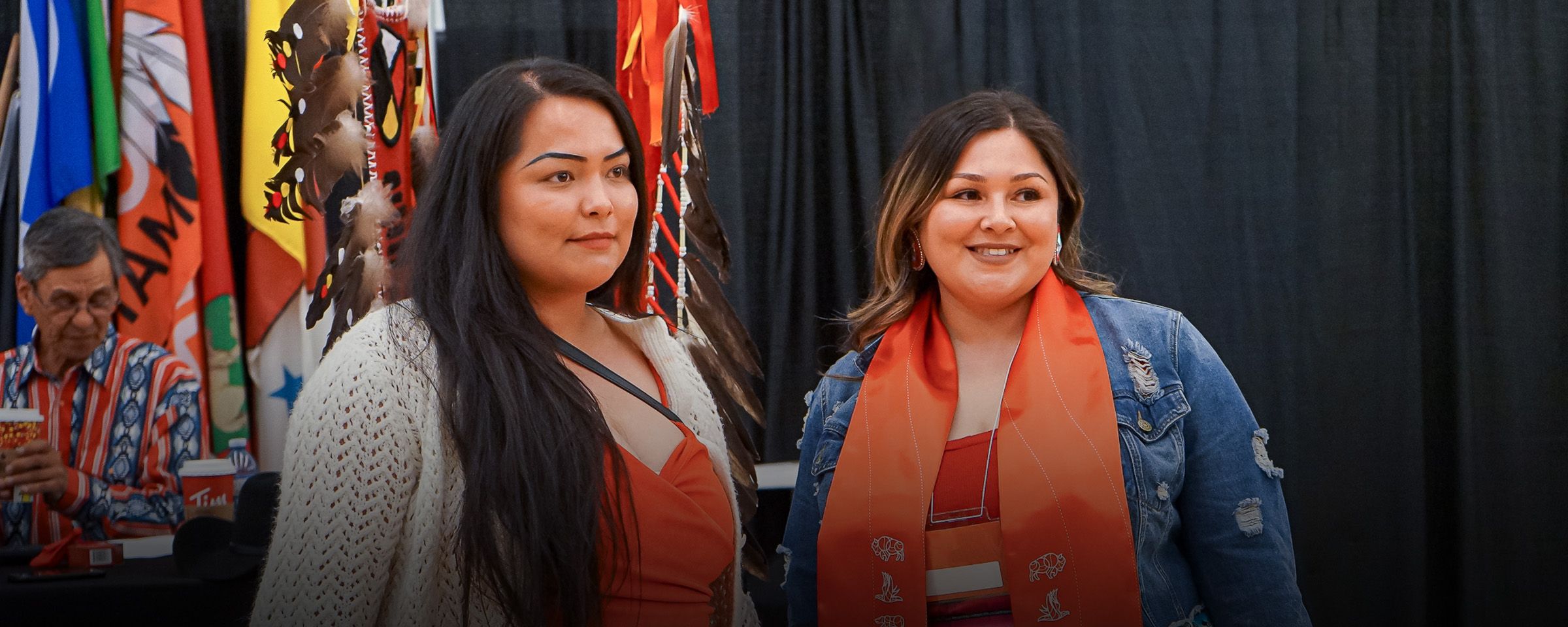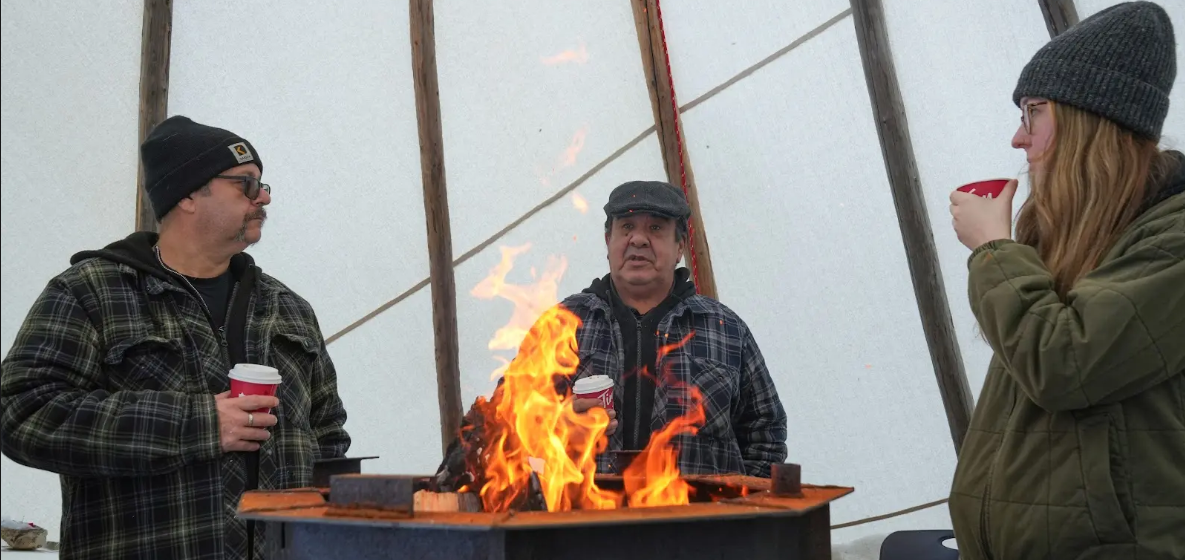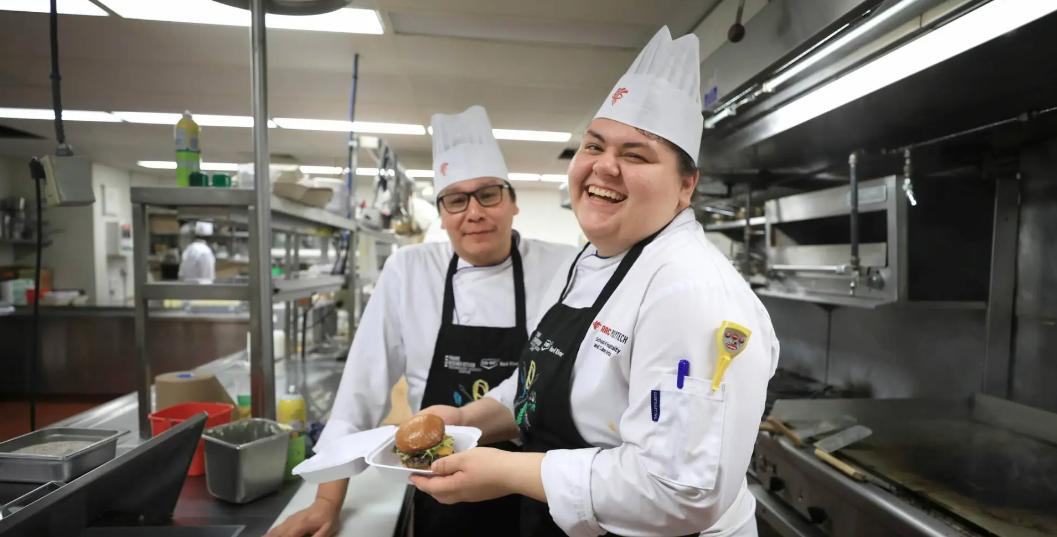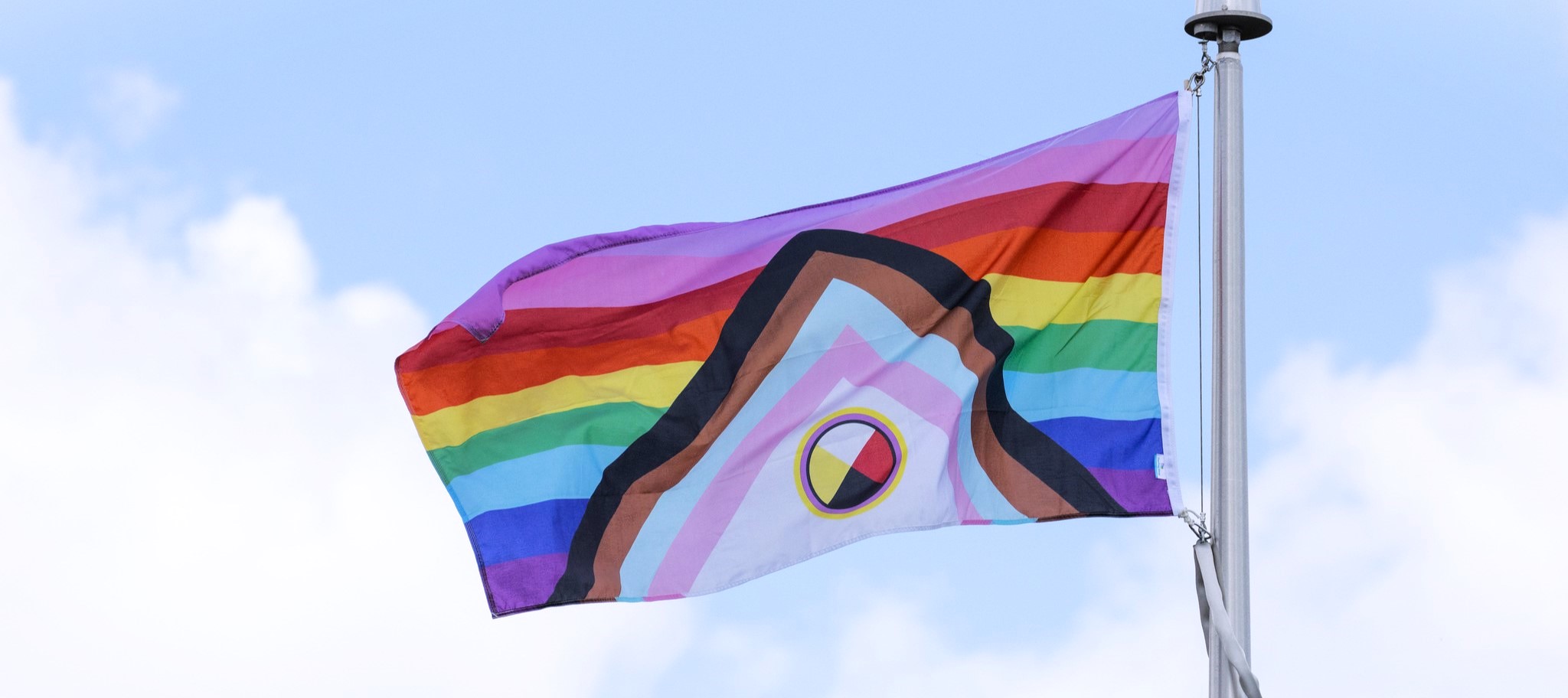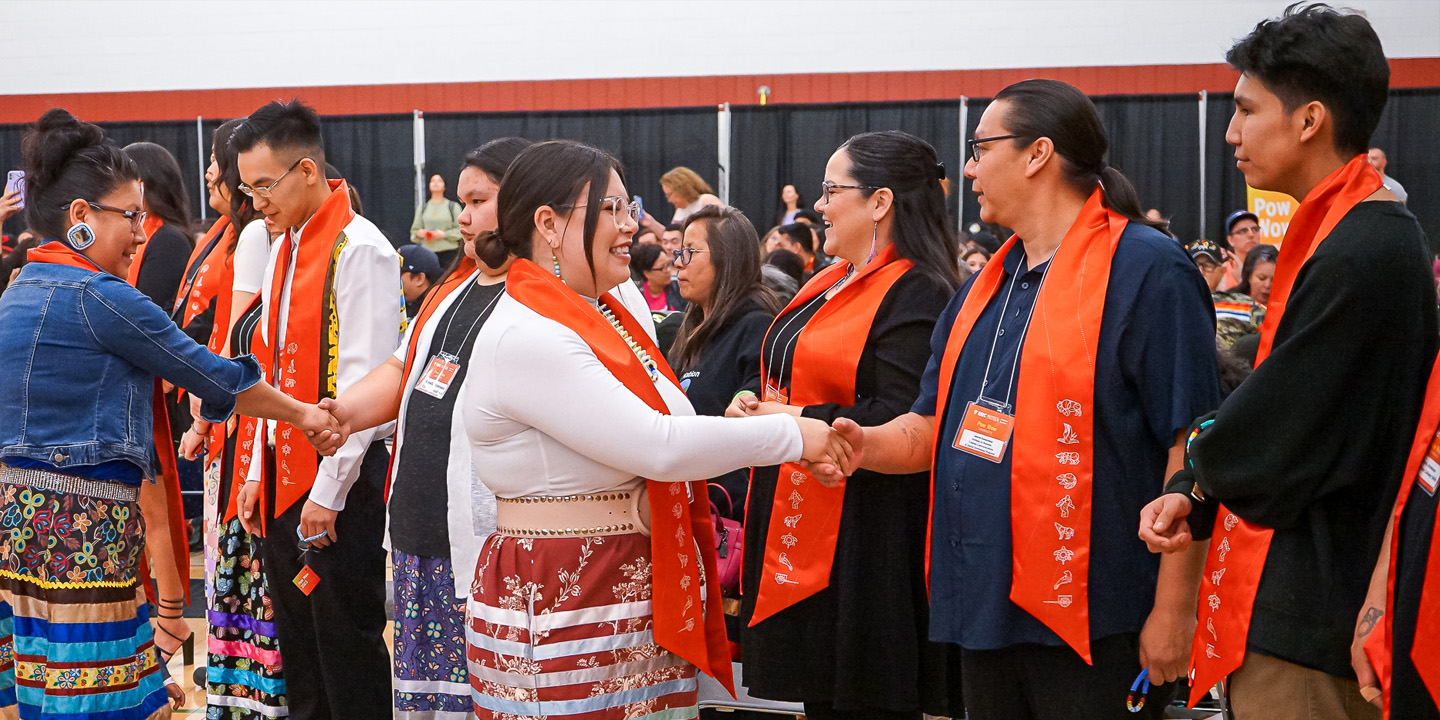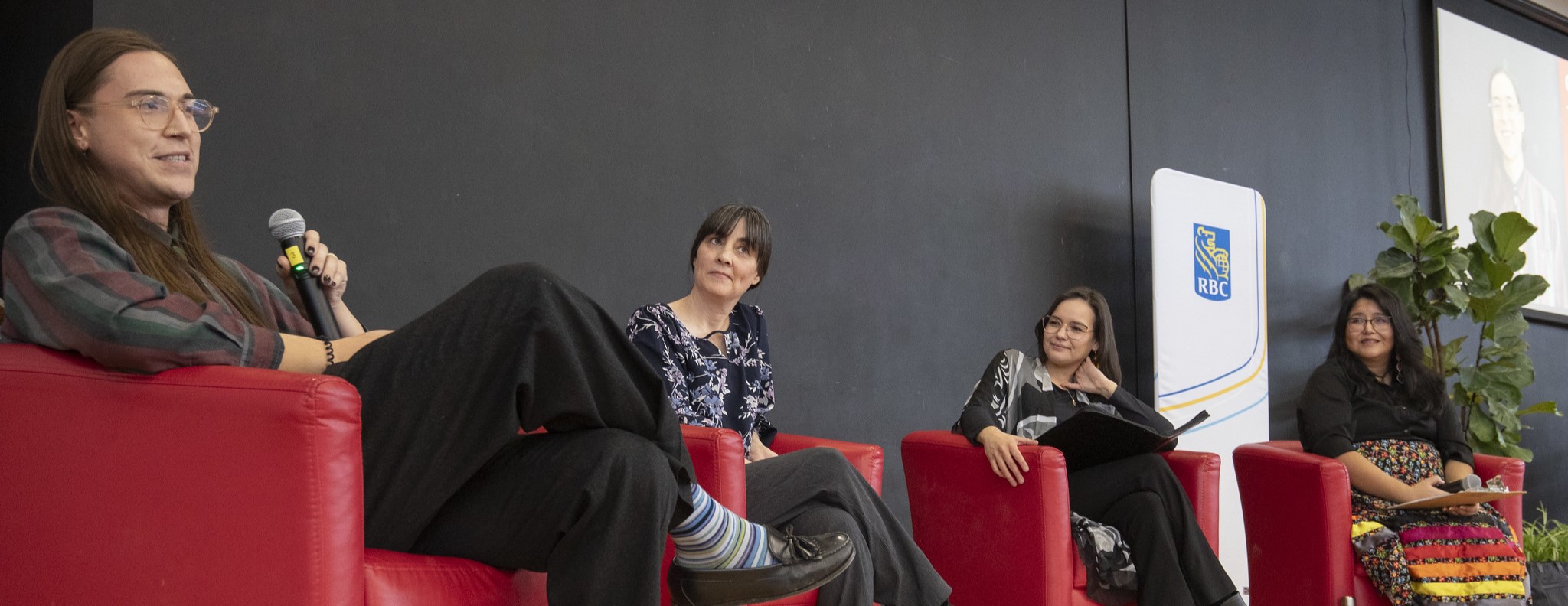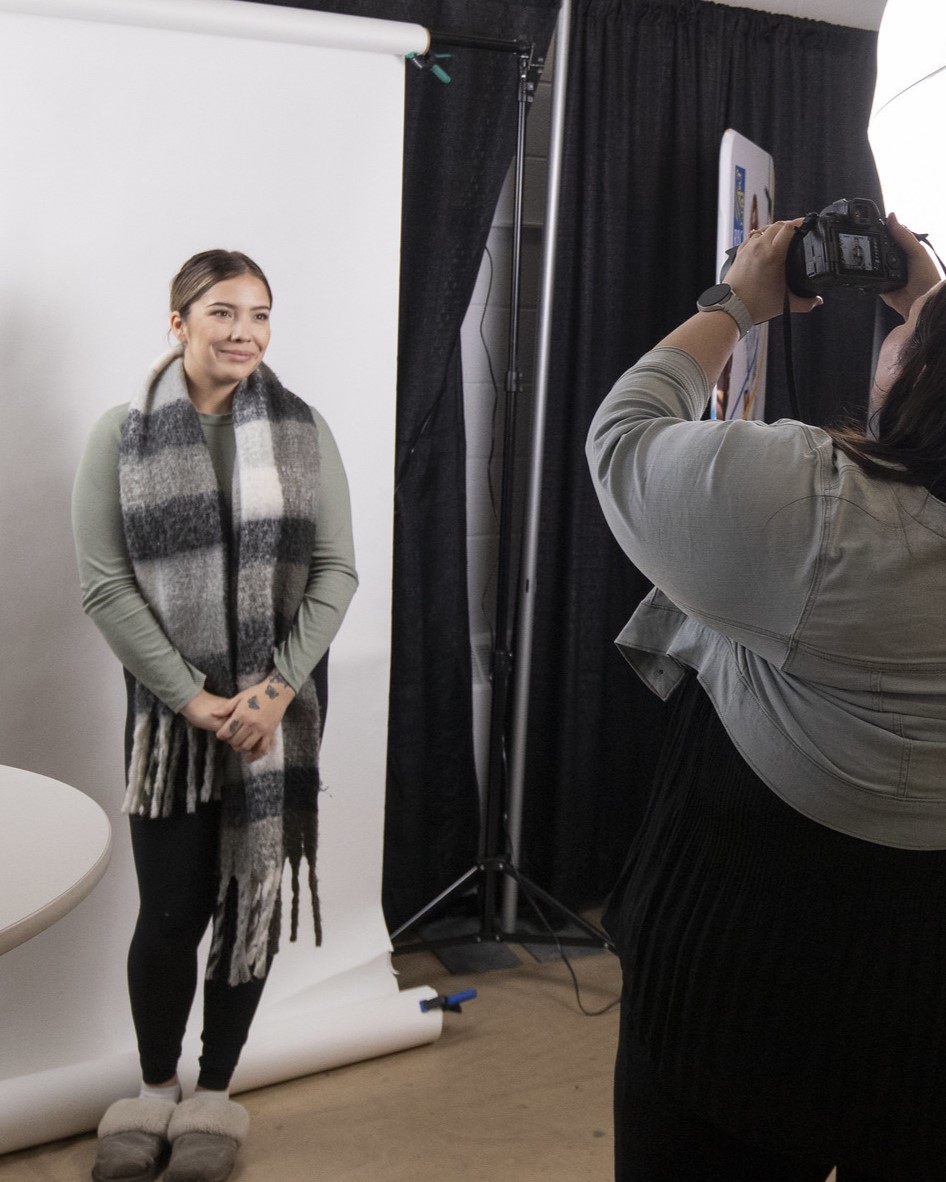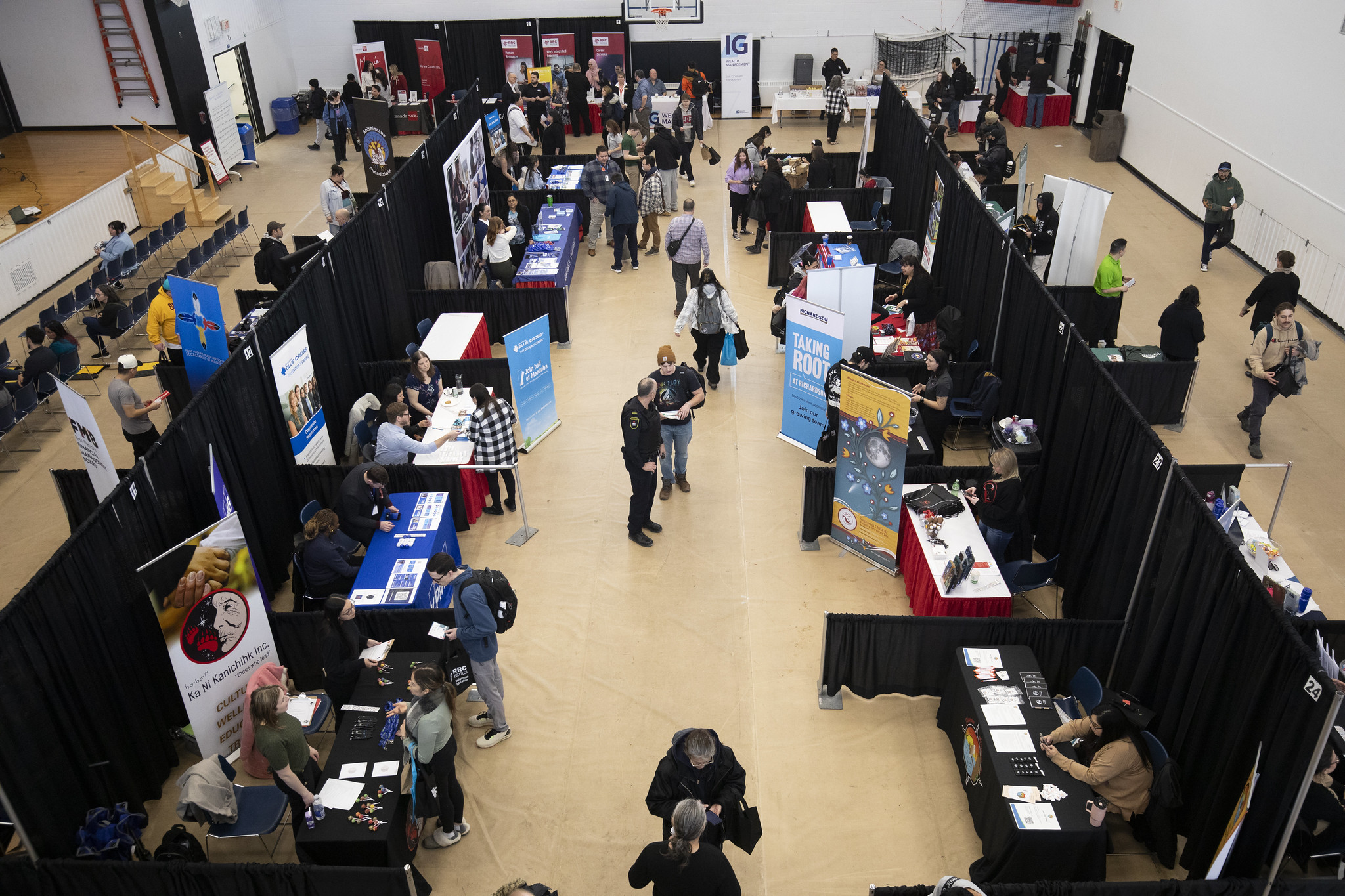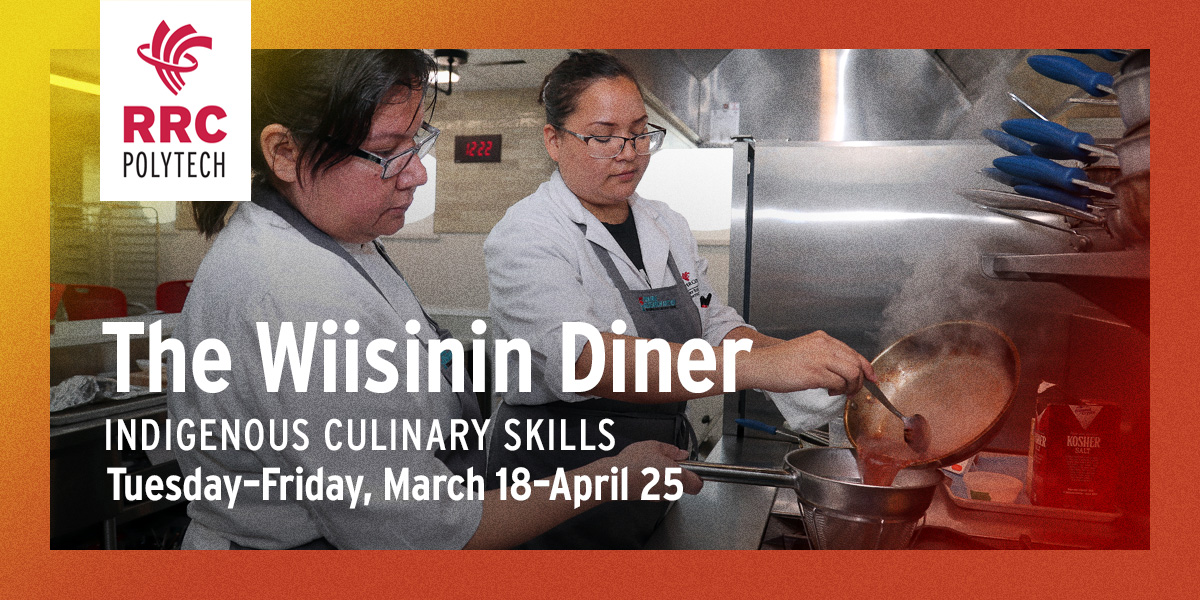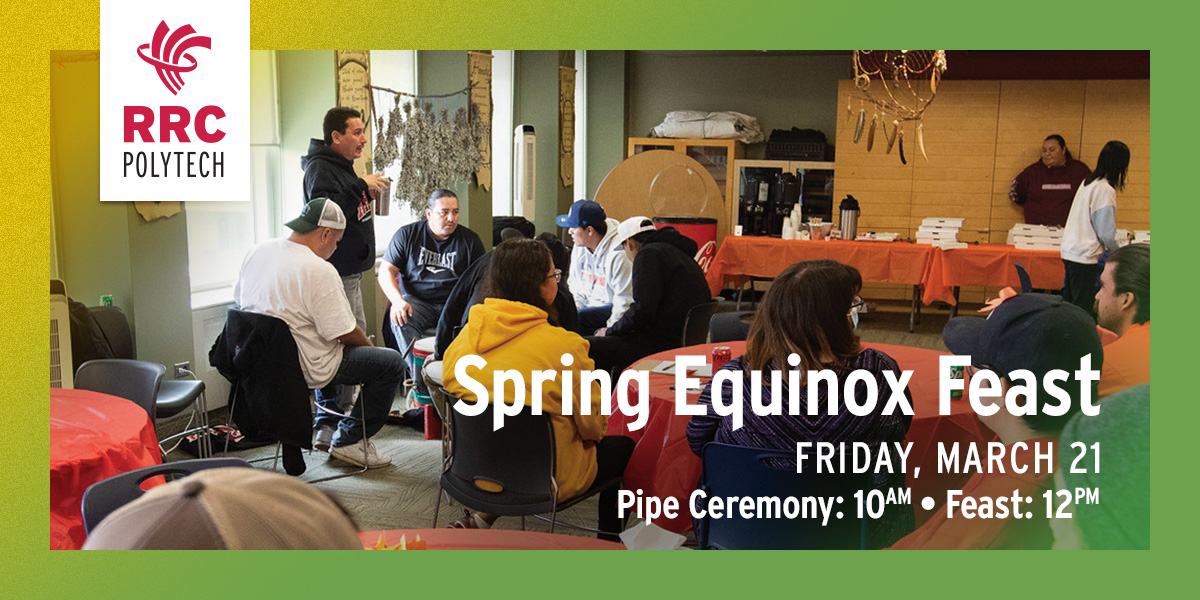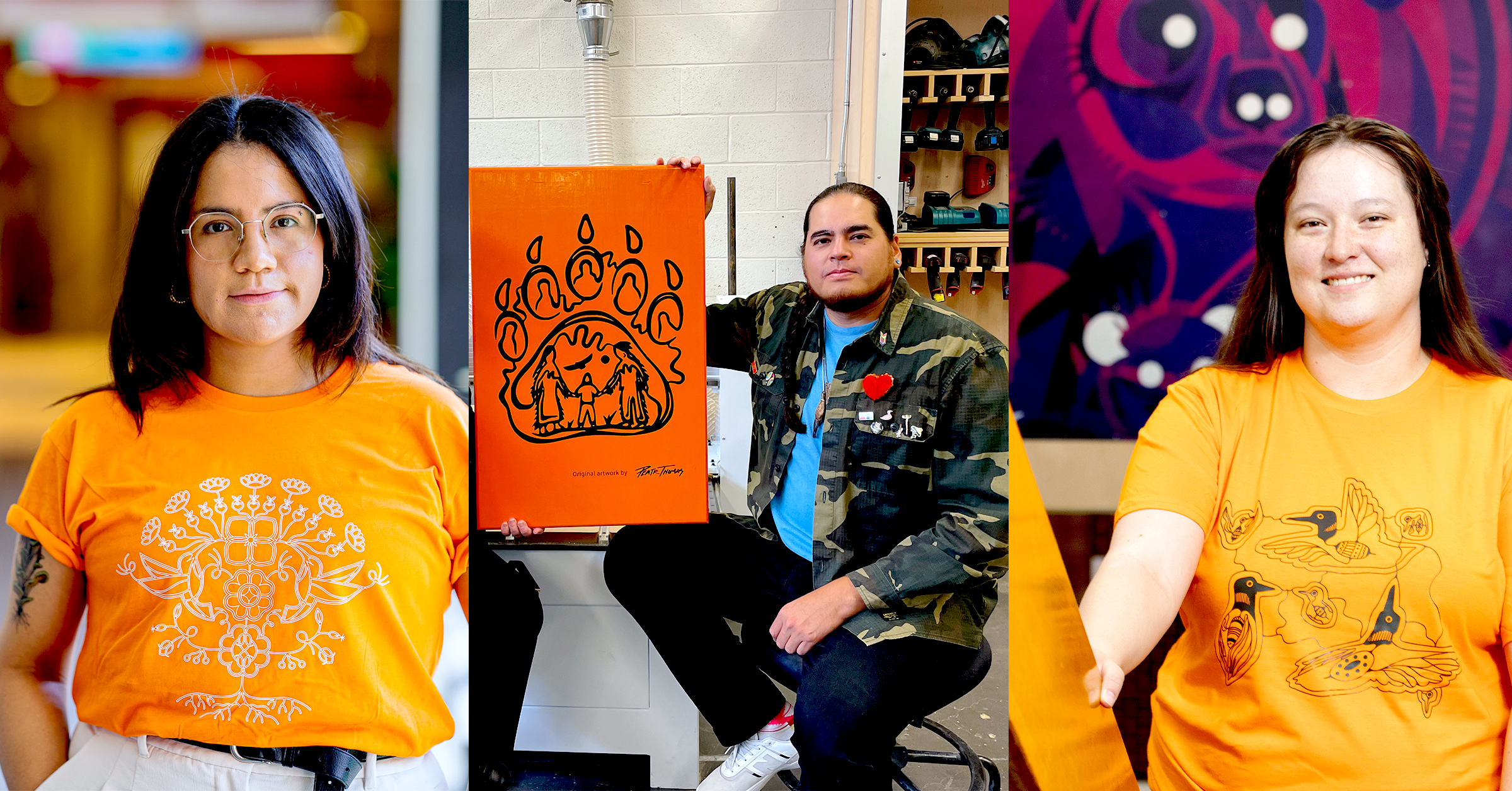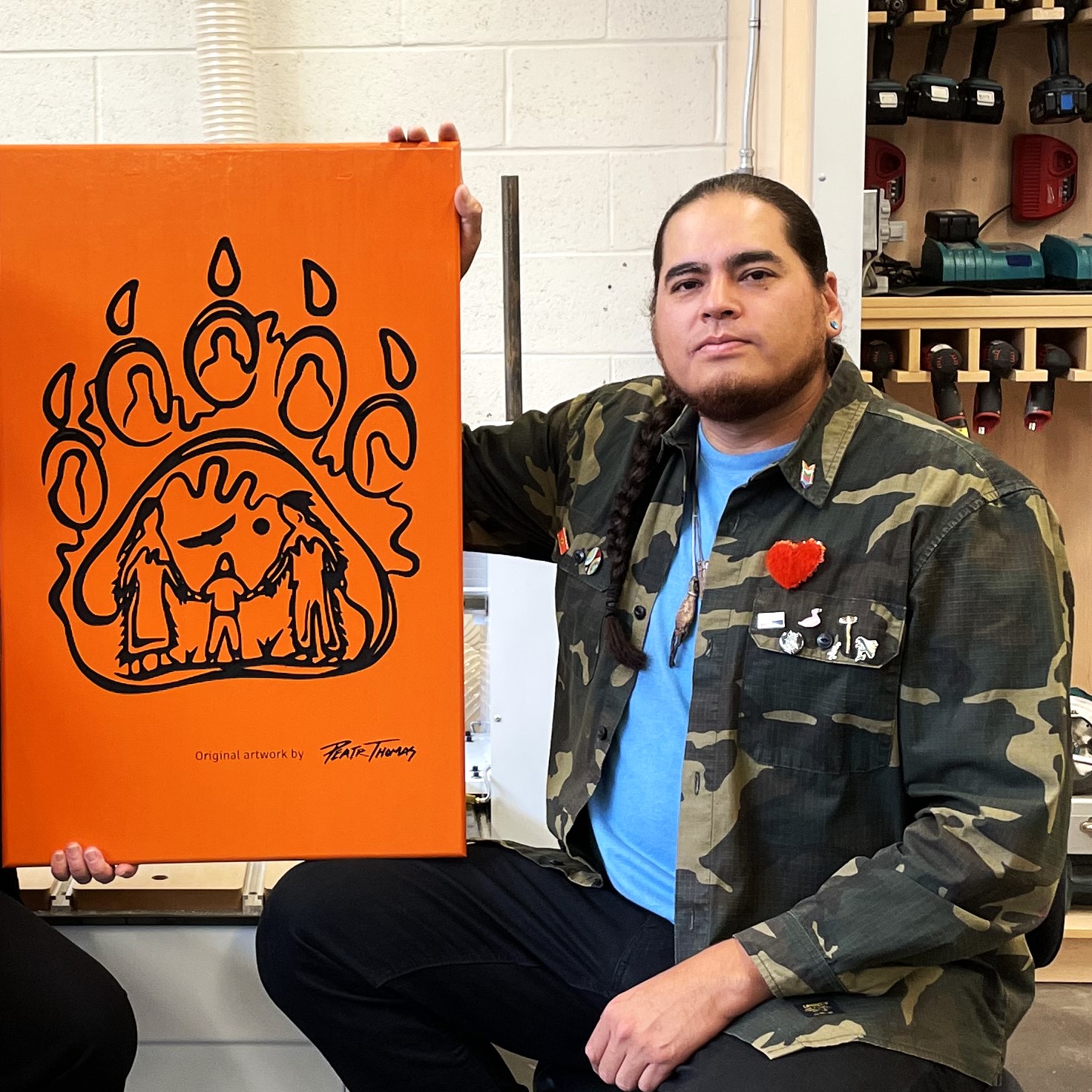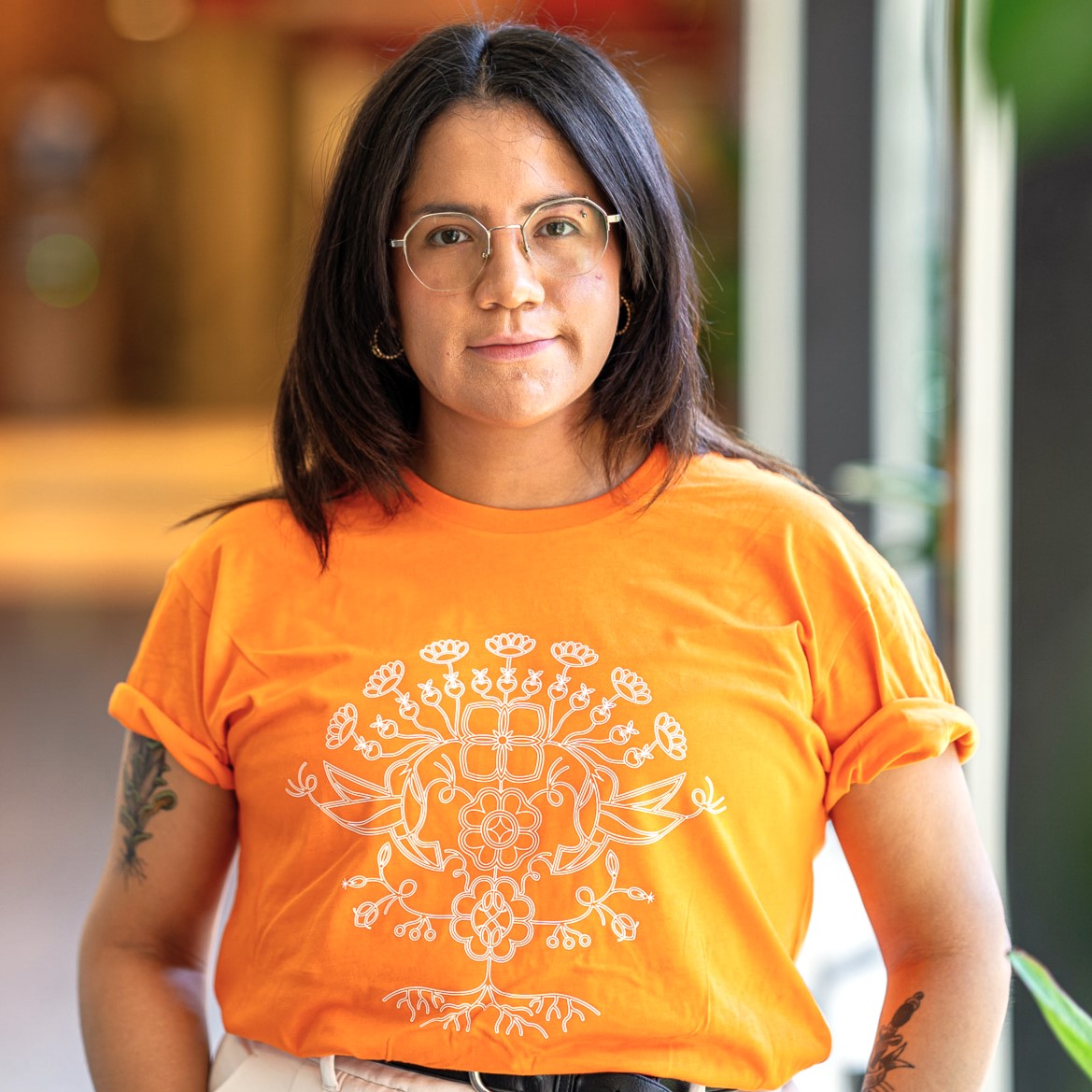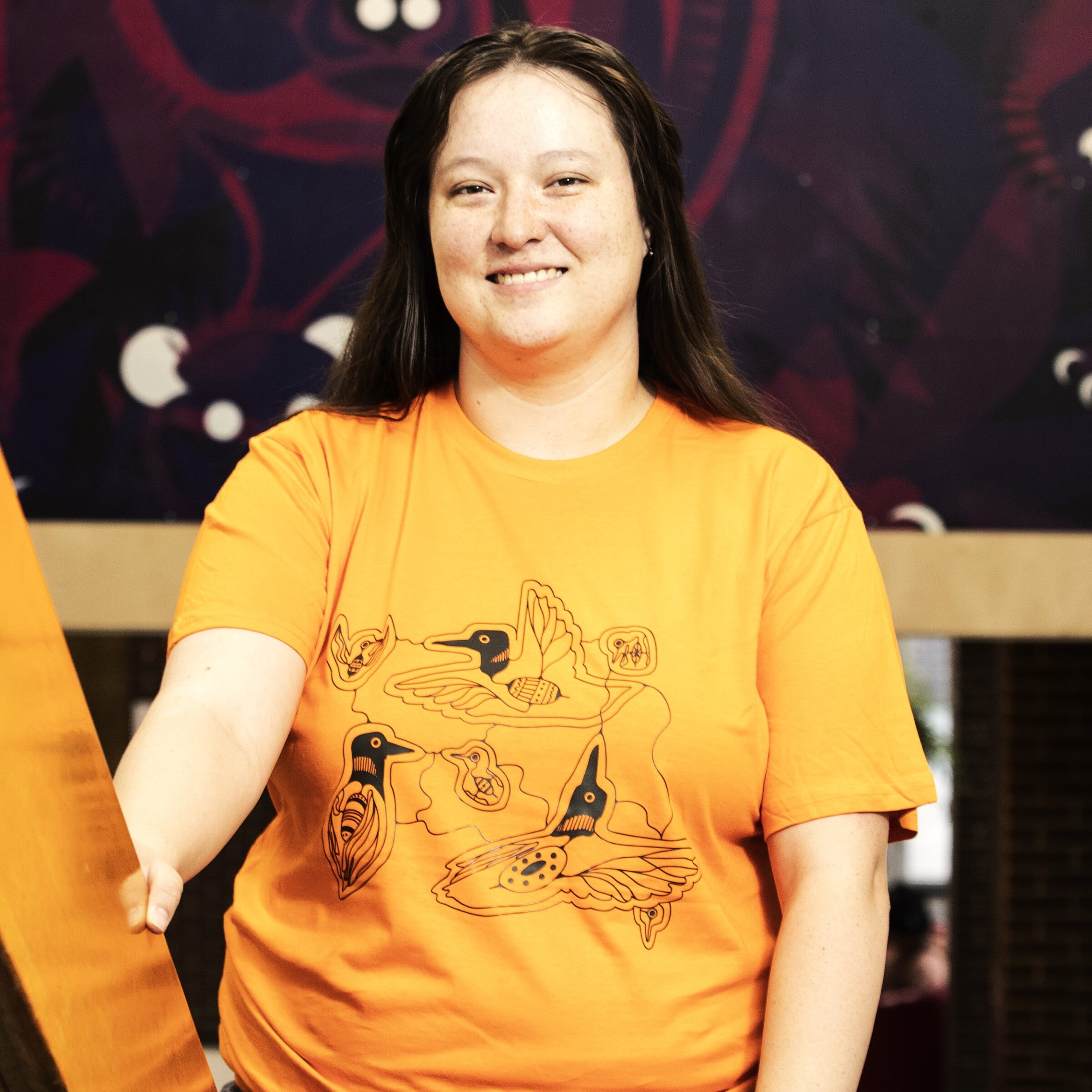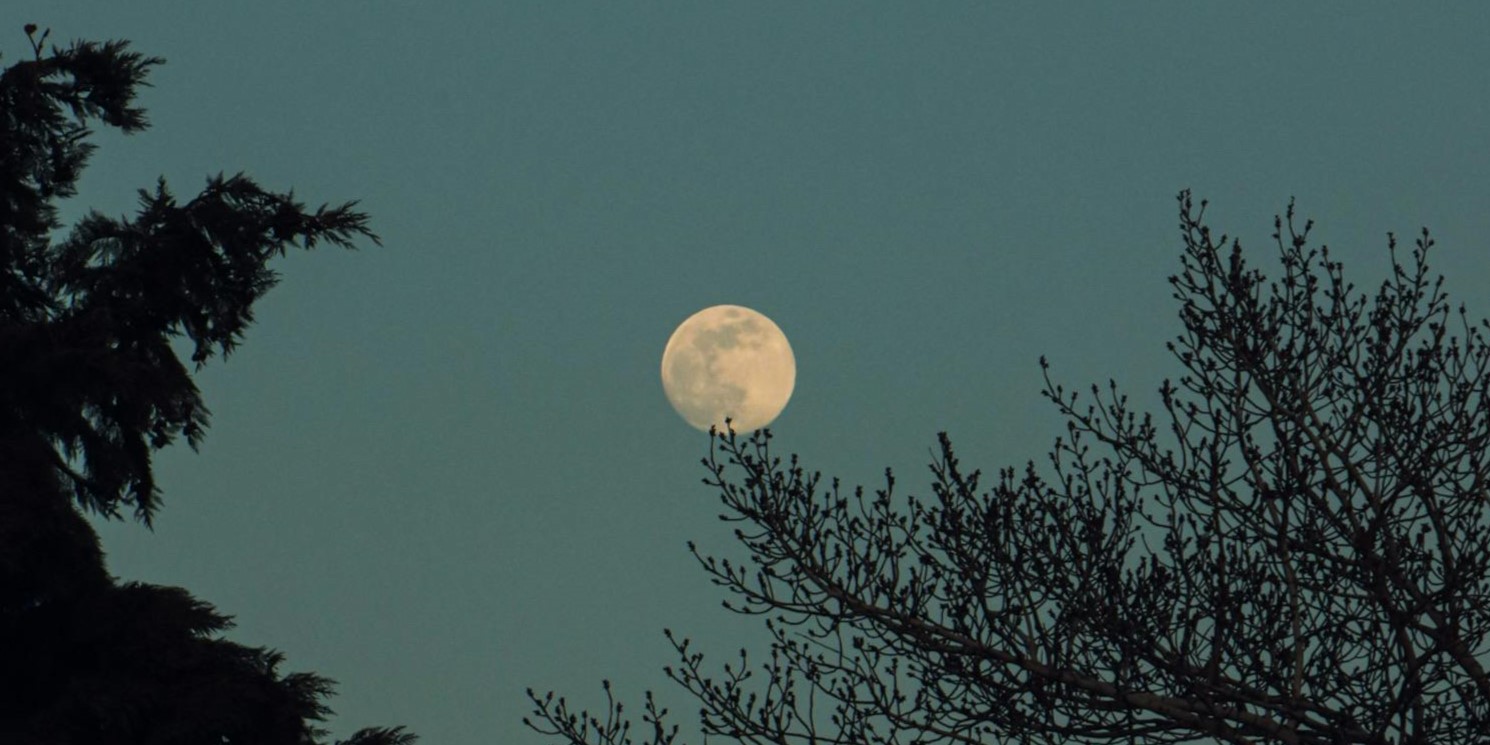Honouring Voices, Shaping Identity: An Update on Our Indigenous Visual Identity Project
Over the past several weeks, we’ve listened, learned, and reflected.
From January 30th to March 12th, through eight engagement sessions and a survey reaching more than 350 participants, we heard powerful stories, teachings, and visions for what our Indigenous Visual Identity should embody.
Sacredness. Seasonality. Directions. Interconnectedness. The importance of language, fire, water, and the land – its plants, its spirit, its stories. These themes emerged again and again, underscoring a deep connection to identity, history, and place. Participants also highlighted the importance of distinguishing Métis, Inuit, and First Nations cultures in a meaningful and authentic way.
Visually, this identity must be more than just a design – it must feel lived, woven into the fabric of who we are. Earth tones reflect our connection to the land, while vibrant colours draw inspiration from beadwork, regalia, and the many cultures they represent. Celestial and seasonal influences remind us of the ever-changing yet cyclical nature of life. The textures of natural materials – organic, tactile, grounded – carry stories of resilience, tradition, and knowledge passed through generations.
We were reminded that no story or teaching stands alone – each is inseparable from its meaning and the voice that carries it. This is essential. It is through story that teachings live and breathe, and it is through meaning that they guide us.
Now, with these insights in hand, our design team is working with RRC Polytech’s Knowledge Keepers Council to finalize a conceptual direction that will bring these ideas to life. As the work progresses, we remain grateful for the voices that have guided this journey so far. Your wisdom and stories are the foundation of this visual identity, ensuring it is a reflection of both tradition and future generations.
Stay tuned for more updates as we continue this important work.
About Narratives Inc.
Narratives emerged to create space for early, respectful dialogue that supports informed, values-based decision-making. It aims to deepen understanding of how projects and policies affect the social, cultural, biophysical, and spiritual fabric of our world. By challenging the boundaries of research, planning, and practice, Narratives contributes to reconciliation — one story at a time. Rooted where the Red and Assiniboine Rivers meet, within the traditional territories of the Anishinaabeg, the Ininiwak, the Anisininewak, the Dakota Oyate, and the Denésuline, in Treaty 1 territory, and the homeland of the Métis.
